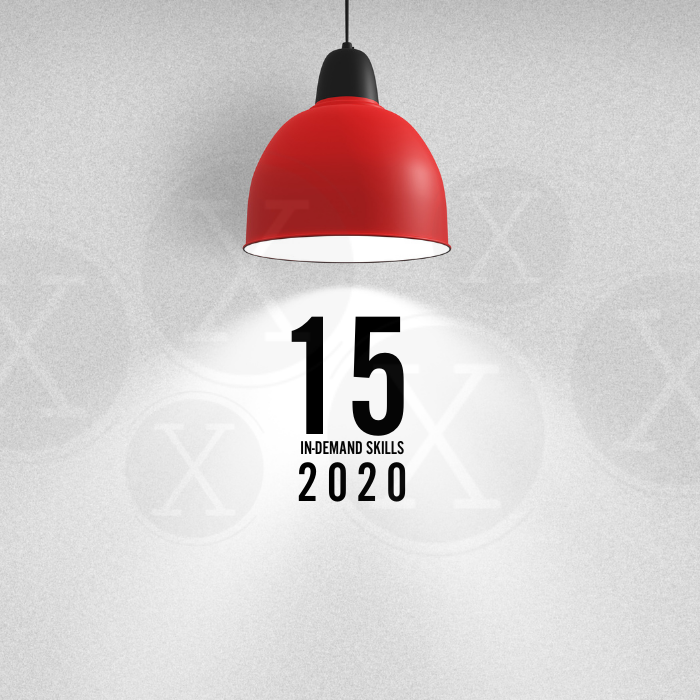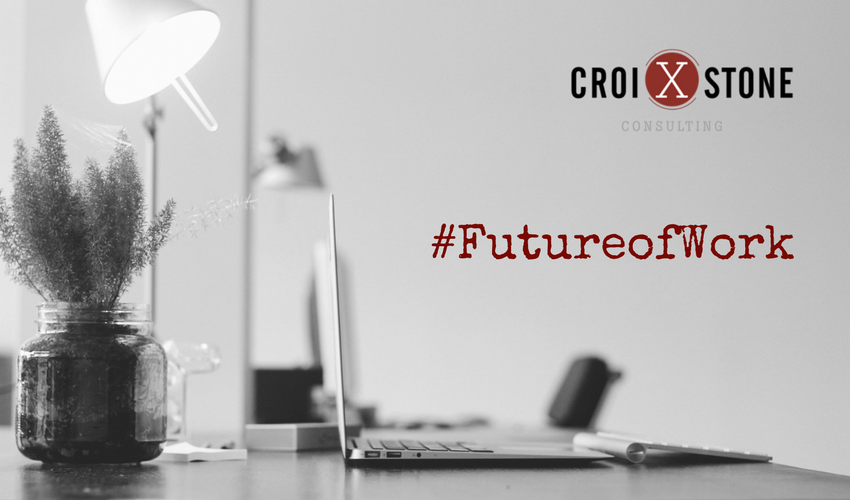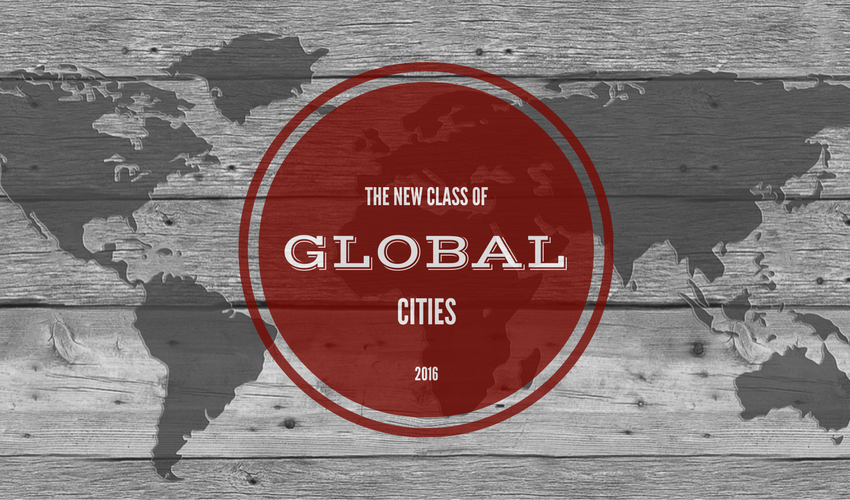In-Demand Skills
LinkedIn has used data from more than 660 million professionals in its network and more than 20 million job listings to identify the hard and soft skills that are most in-demand in 2020.
HARD SKILLS
1) Blockchain
2) Cloud & Distributed Computing
3) Analytical Reasoning
4) Artificial Intelligence
5) UX Design
6) Business Analysis
7) Affiliate Marketing
8) Sales
9) Scientific Computing
10) Video Production
SOFT SKILLS
1) Creativity
2) Persuasion
3) Collaboration
4) Adaptability
5) Emotional Intelligence





